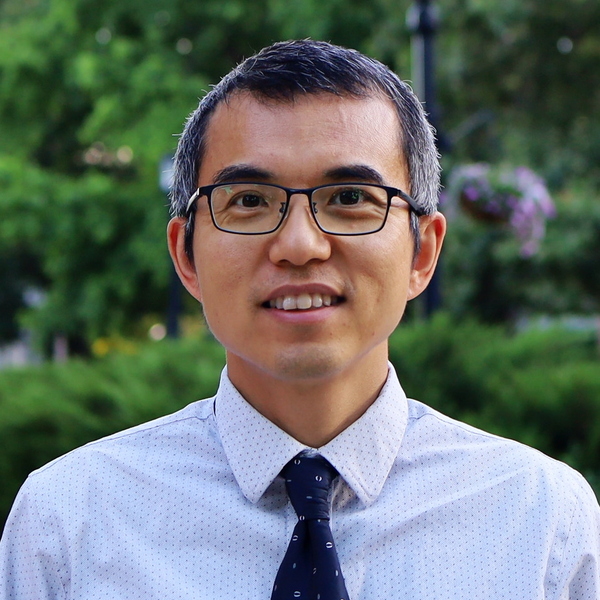
NPRE 596 Graduate Seminar Series - Xiaoyuan Lou
- Event Type
- Seminar/Symposium
- Sponsor
- NPRE 596 Graduate Seminar Series
- Location
- 2100 Sidney Lu Mechanical Engineering Building, 1206 W Green St, Urbana, IL 61801
- Date
- Nov 19, 2024 4:00 - 4:50 pm
- Speaker
- Xiaoyuan Lou, Associate Professor Of Nuclear Engineering, Materials Engineering, Purdue University
- Cost
- Free and Open to the Public
- nuclear@illinois.edu
- Phone
- 217-333-2295
- Views
- 71
- Originating Calendar
- NPRE seminars
Environmental Cracking of 316L Stainless Steel by Laser Additive Manufacturing
Abstract: Laser-based additive manufacturing (AM) has revolutionized space and aerospace industries, demonstrating its capabilities to redesign rocket engine, turbine components, and even a full-size rocket nozzle and body for performance enhancement and cost/time saving. AM is also expected to change the way that nuclear industry manufactures small- and medium-size nuclear components, support in-factory modular assembly, shorten supply chain, and reduce the welding operations. While the first ASME code of AM is close to be established for LWRs, ASME code does not include corrosion and radiation related properties. The industry needs to understand the environmental impacts to support the next-level NRC certification to insert AM in reactor service.
This talk highlights our efforts to qualify AM 316L stainless steel (SS) for nuclear adoption in the past 8 years. The talk will touch different manufacturing methods (laser powder bed fusion and direct energy deposition), and material degradation modes (stress corrosion cracking (SCC) and irradiation-assisted stress corrosion cracking (IASCC)). The goal is to give a comprehensive review of our understandings of the process-microstructure-property relationship of AM 316L SS in nuclear service. Mechanisms regarding the effects of AM microstructure on radiation damage, SCC and IASCC are discussed.
Bio:Xiaoyuan Lou is an associate professor in Nuclear Engineering at Purdue University. He earned his Ph.D. in materials science and engineering from Georgia Institute of Technology. Before joining Purdue, he was an associate professor at Auburn University and a lead material scientist at GE Research. Dr. Lou’s work involves understanding the degradation mechanisms of nuclear alloys, and developing advanced manufacturing methods and alloys for extreme environments. Dr. Lou was recognized with two “Best Paper Award” by Journal of Nuclear Materials, "Top Cited Paper Award" by International Journal of Plasticity, three GE Corporate awards, Outstanding Faculty Teaching Award from Auburn University College of Engineering, and Paul C. Zmola Scholar of Nuclear Engineering Award from Purdue Nuclear Engineering.